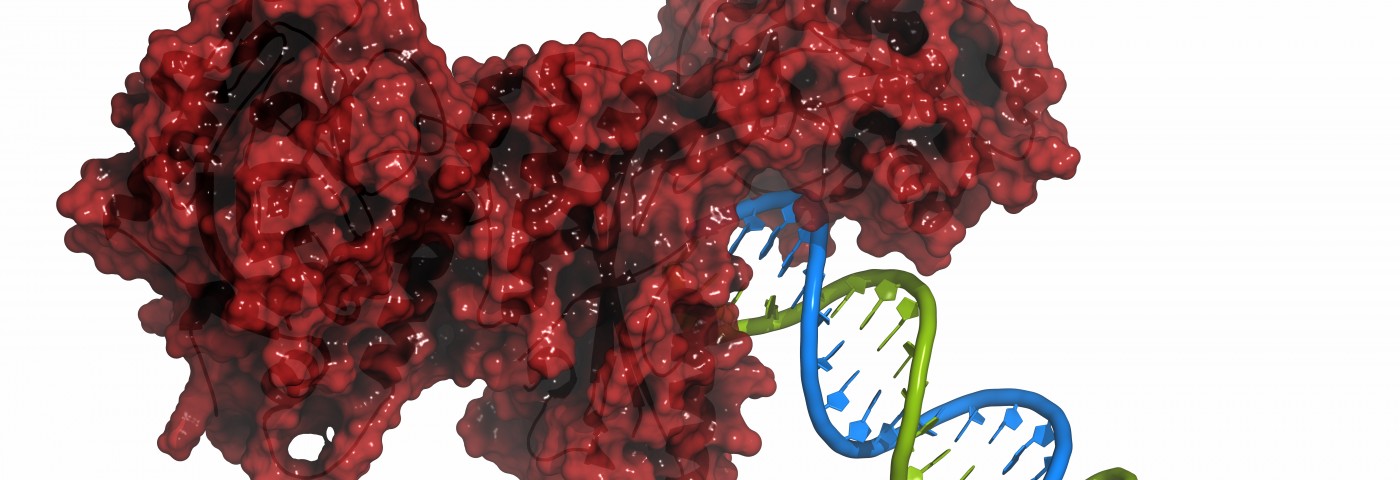Combining PARP inhibitors with inhibitors targeting an oncogene known as c-MET, which is overexpressed in many cancers, may enhance treatment results. These findings, published in the journal Nature Medicine, could prove important for future cancer treatments, including breast cancer.
PARP inhibitors are a new class of drugs, currently being studied in cancer clinical trials. The drugs target PARP1 — a DNA repair enzyme. Many cancers are more dependent on PARP1 than other cells, making the enzyme an attractive treatment option to explore.
PARP inhibitors for breast cancer are still in the testing phase, but the PARP inhibitor olaparib was recently approved by the U.S. Food and Drug Administration for the treatment of ovarian cancer with mutations in the BRCA breast cancer genes. BRCA genes may, despite their name, contribute to other cancer forms.
“BRCA1 and BRCA2 play essential roles in repairing DNA double-strand breaks and a deficiency of BRCA proteins sensitizes cancer cells to PARP inhibition,” lead investigator Mien-Chie Hung, from the University of Texas MD Anderson Cancer Center, said in a press release. “Combining c-MET and PARP1 inhibitors synergized to suppress growth of breast cancer cells. Similar synergistic effects were also observed in a lung cancer mouse model.”
In both cultured breast cancer cells and mouse models, the research team discovered that c-MET associates with and phosphorylates PARP1. The process increases PARP enzyme activity and essentially makes cancer cells resistant to PARP inhibition.
Blocking the interaction between c-MET and PARP1 caused cancer cells to lose their resistance to PARP inhibitor therapy. “Our study findings raise the interesting possibility that cancer patients with tumors that overexpress c-MET may benefit from this combination therapy regardless of cancer type,” Dr. Hung said.
The authors believe the results may hold promise for future treatment of breast cancer and possibly other cancers. “These findings may predict tumor resistance to PARP inhibitors and suggest that treatment with a combination of c-MET and PARP inhibitors may benefit patients bearing tumors with high c-MET expression who do not respond to PARP inhibition alone,” Dr. Hung concluded.

